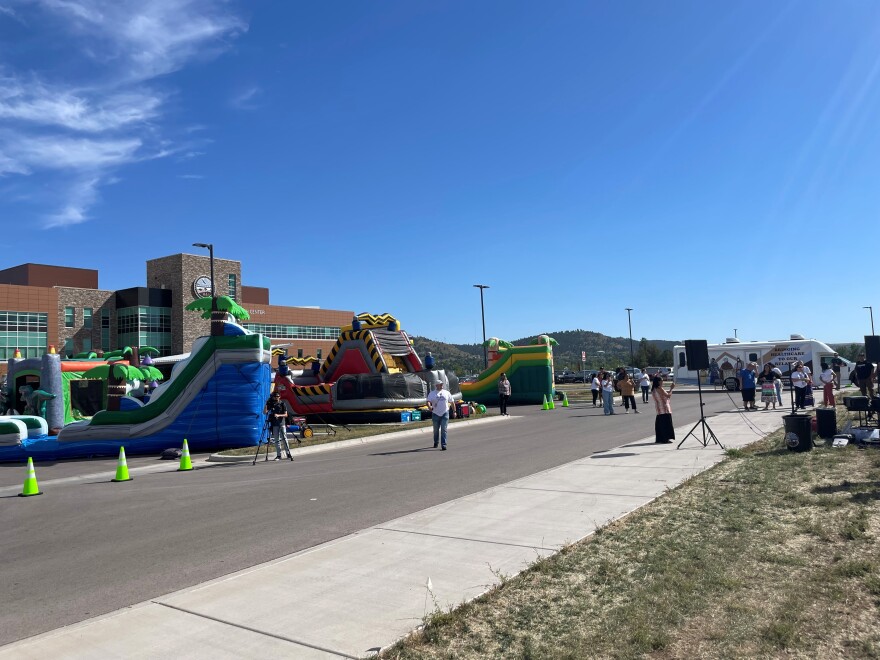The Oyate Health Clinic in Rapid City is celebrating its five-year anniversary and looking toward the future.
Officials are marking beginning of the clinic when tribes exercised Indian self-determination act laws to provide their own health care.
Oyate Health Clinic started out serving 12,000 patients and was operating in a building constructed in the late 19th century.
Now, the clinic is in a new facility and is serving nearly double the number of patients, 23,000.
Jerilyn Church, president and CEO of Oyate Health Clinic, said Oyate Health incorporates culture into health care.
The Minecoujou Lakota said Oyate’s approach is what sets them apart from other health systems.
“We don’t refer to the people we serve as patients, or clients, or consumers. They are our relatives and we treat them as such. Before we incorporate any new policy, any new service, any change in how we provide health care, we get feedback from the community and we ask them and we continually ask them how we’re doing.”
Church said the clinic is looking to expand services.
Health care is a treaty right for tribal members.
Ryman LeBeau is the Cheyenne River Sioux Tribal Chairman, as well as chair of the Great Sioux Tribal Leaders Health Board.
He was at the Sioux San building five years ago when the tribe's 638 contract went into effect, allowing them to take control of the former boarding school and tuberculosis sanitorium.
The Two-Kettle Lakota said the clinic is tribal sovereignty in action.
“And providing health care for our people. That really changes the narrative here," Lebeau said. "We’re no longer waiting on Indian Health Service to provide health care. We’re doing it ourselves, and we’re sustainable at it.”
LeBeau said insurance billing has been a big success in funding the clinic. He said it allows for other services to get brought in.
LeBeau said the goal is for the clinic to receive referrals from nearby reservations.


